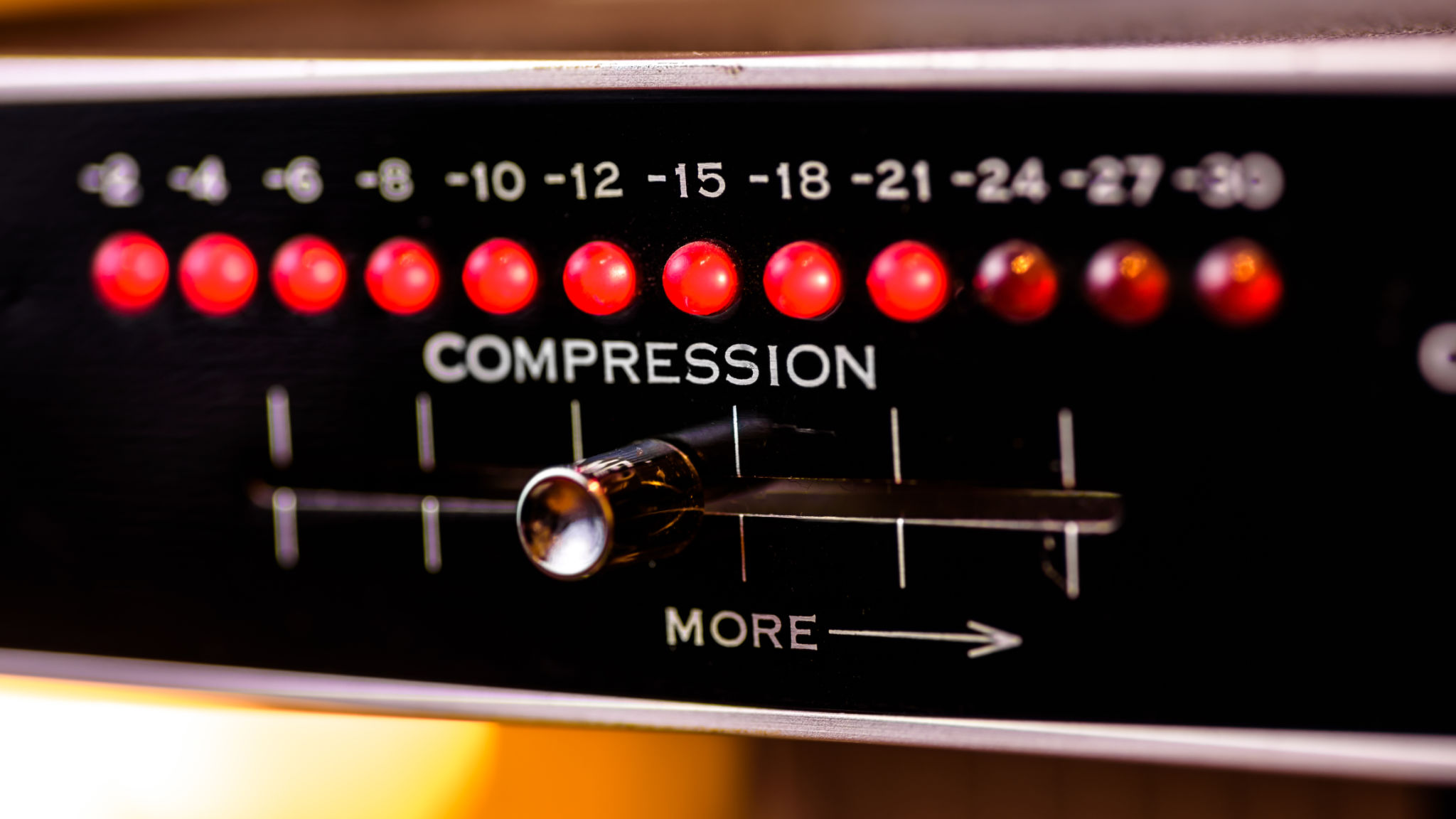Mastering Audio for Music Production: Tips from Birmingham Experts
Understanding the Basics of Audio Mastering
Audio mastering is the final step in the music production process and is essential for delivering a polished, professional sound. In Birmingham, a city known for its vibrant music scene, mastering engineers blend technical skill with artistic flair to enhance tracks. This step ensures that your music sounds its best across all playback systems, from high-end audio equipment to everyday headphones.
Before diving into the mastering process, it's crucial to understand its core components. These include adjusting levels, applying equalization (EQ), compression, and limiting. Each of these elements plays a role in sculpting the final sound of your track, ensuring clarity and balance.

Preparing Your Mix for Mastering
Preparation is key when it comes to mastering. Birmingham experts emphasize the importance of having a clean, well-balanced mix before moving on to mastering. This means ensuring that no individual element overwhelms the others and that there is ample headroom for processing.
Consider creating a checklist to ensure your mix is ready for mastering:
- Ensure all tracks are properly labeled and organized.
- Check for any unwanted noise or distortion.
- Ensure your mix peaks at no higher than -6dB to allow room for processing.

The Role of EQ in Mastering
Equalization is one of the most powerful tools in a mastering engineer's arsenal. It involves adjusting the balance between frequency components. Birmingham professionals often highlight using EQ to eliminate any problematic frequencies and enhance the overall tonality of the track.
When applying EQ, subtlety is key. Focus on making small adjustments that enhance the track's clarity and tonal balance rather than making drastic changes. This approach helps maintain the integrity of the original mix while improving its overall sound.
Compression Techniques for Audio Mastering
Compression is used to control the dynamic range of a track, ensuring that softer sounds are audible without overpowering louder sections. Birmingham's audio experts often recommend using compression to add punch and presence to a mix while maintaining its natural dynamics.
When applying compression in mastering, it's essential to avoid over-compression, which can lead to a lifeless sound. Aim for a transparent effect that enhances the track without making it sound squashed.

Mastering for Different Playback Systems
In today's diverse listening environment, ensuring your music translates well across various playback systems is crucial. Birmingham engineers often test their masters on multiple devices, from studio monitors to car speakers, ensuring consistency and quality.
Consider creating reference tracks that sound great on all systems to guide your mastering process. This approach ensures your music maintains its intended impact, whether played on a high-fidelity system or a smartphone speaker.
The Importance of Feedback in Mastering
Feedback is an invaluable part of the mastering process. Engaging with fellow musicians and audio professionals in Birmingham can provide fresh perspectives on your work. Constructive criticism can help identify areas for improvement that you might have overlooked.
Don't hesitate to reach out to local forums or participate in music meetups. Gathering feedback from peers can be instrumental in refining your mastering skills and achieving the best possible sound.

Continuous Learning and Adaptation
The field of audio mastering is constantly evolving, with new techniques and technologies emerging regularly. Birmingham's audio experts stress the importance of staying updated with industry trends and continuously refining your skills.
Whether through online courses, workshops, or industry events, investing in your education as a mastering engineer will keep you at the forefront of music production and ensure you deliver top-notch results.
Conclusion: The Art of Mastering
Mastering is both a science and an art. It requires a keen ear, technical expertise, and creative intuition. By following these tips from Birmingham's audio experts, you'll be well on your way to mastering audio for music production with confidence and skill.
Remember, every track is unique, and mastering should enhance its individuality while ensuring it meets professional standards. Embrace the challenge and enjoy the journey of bringing your music to life.
